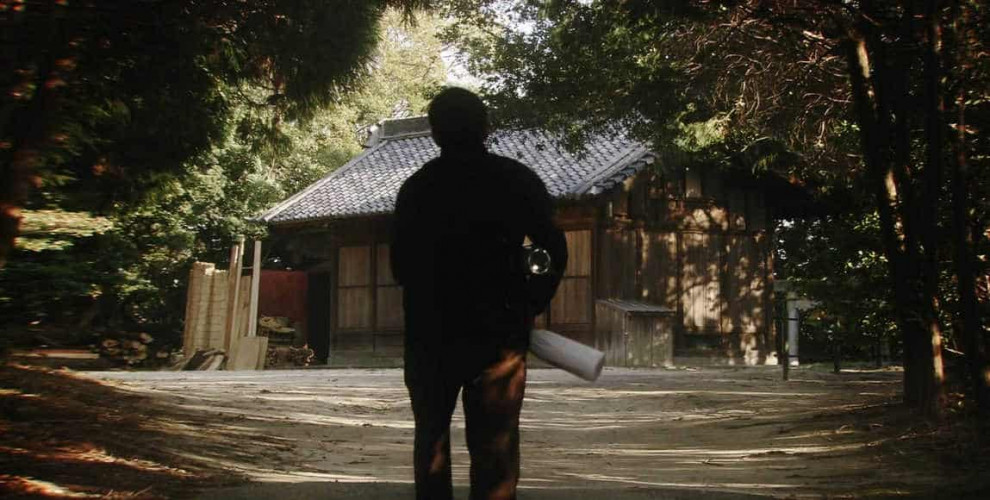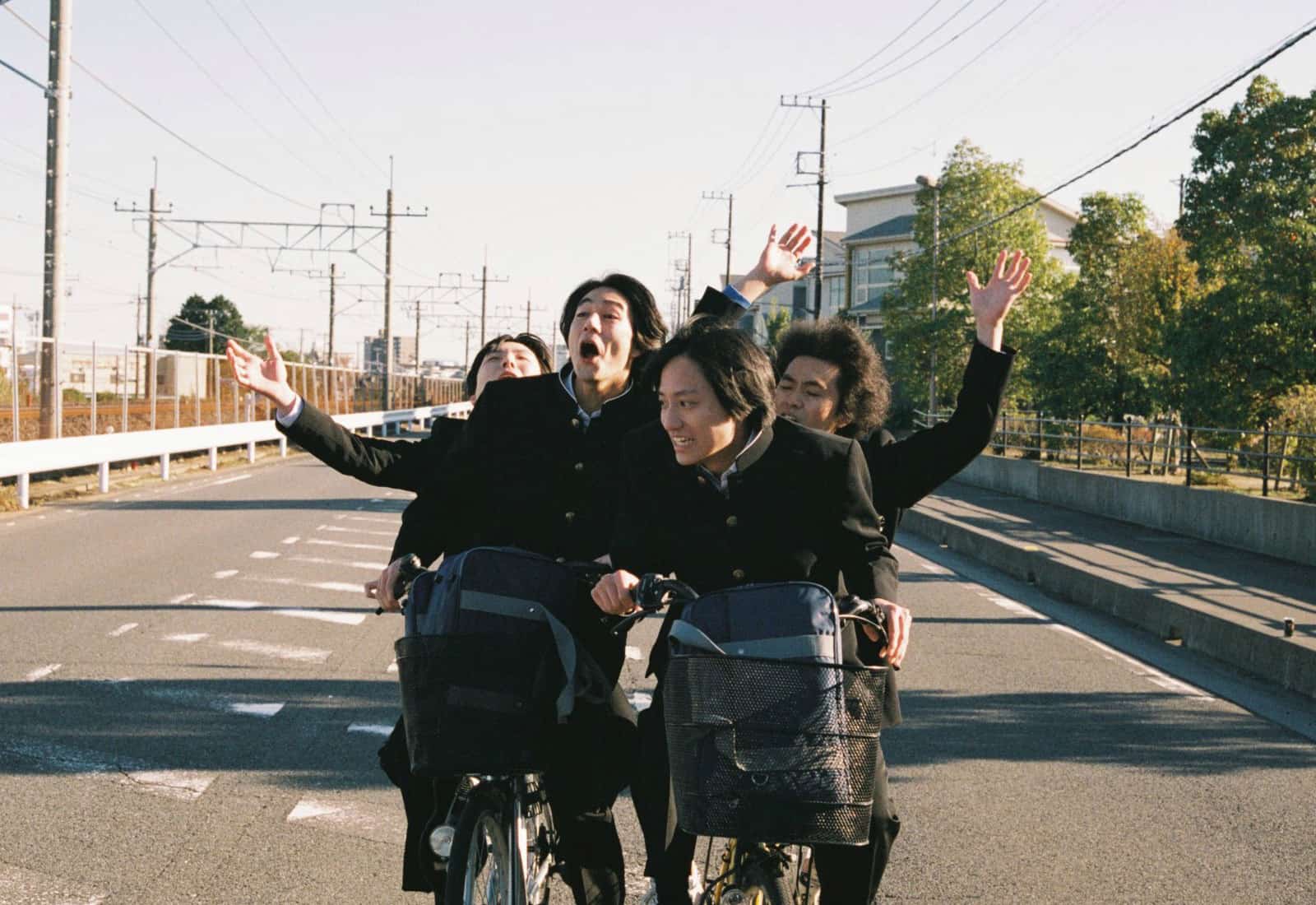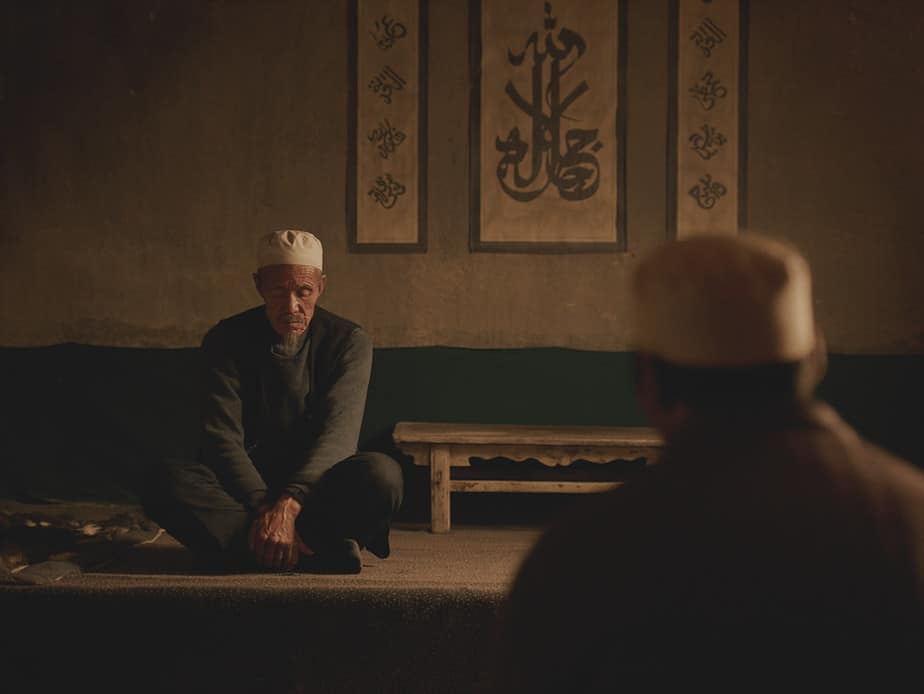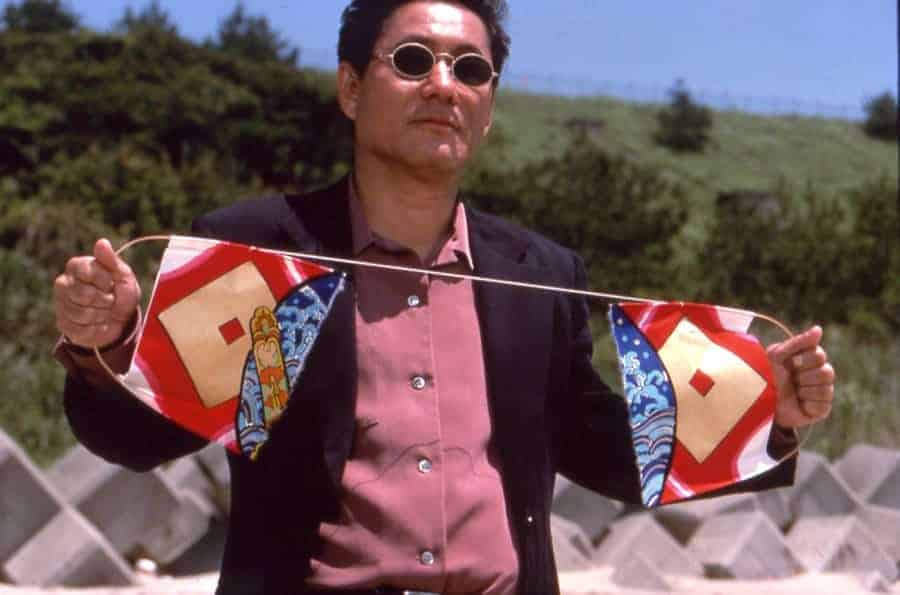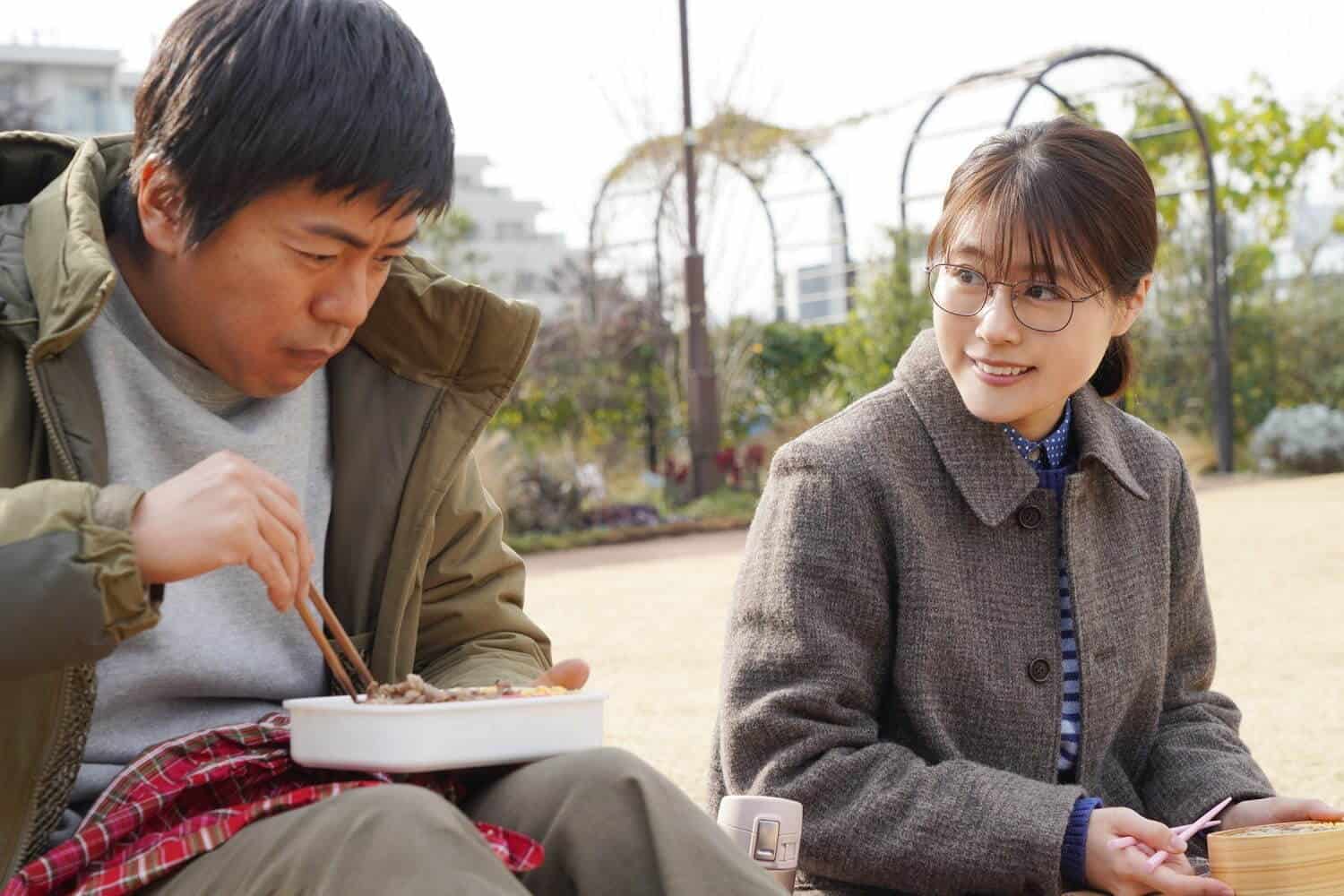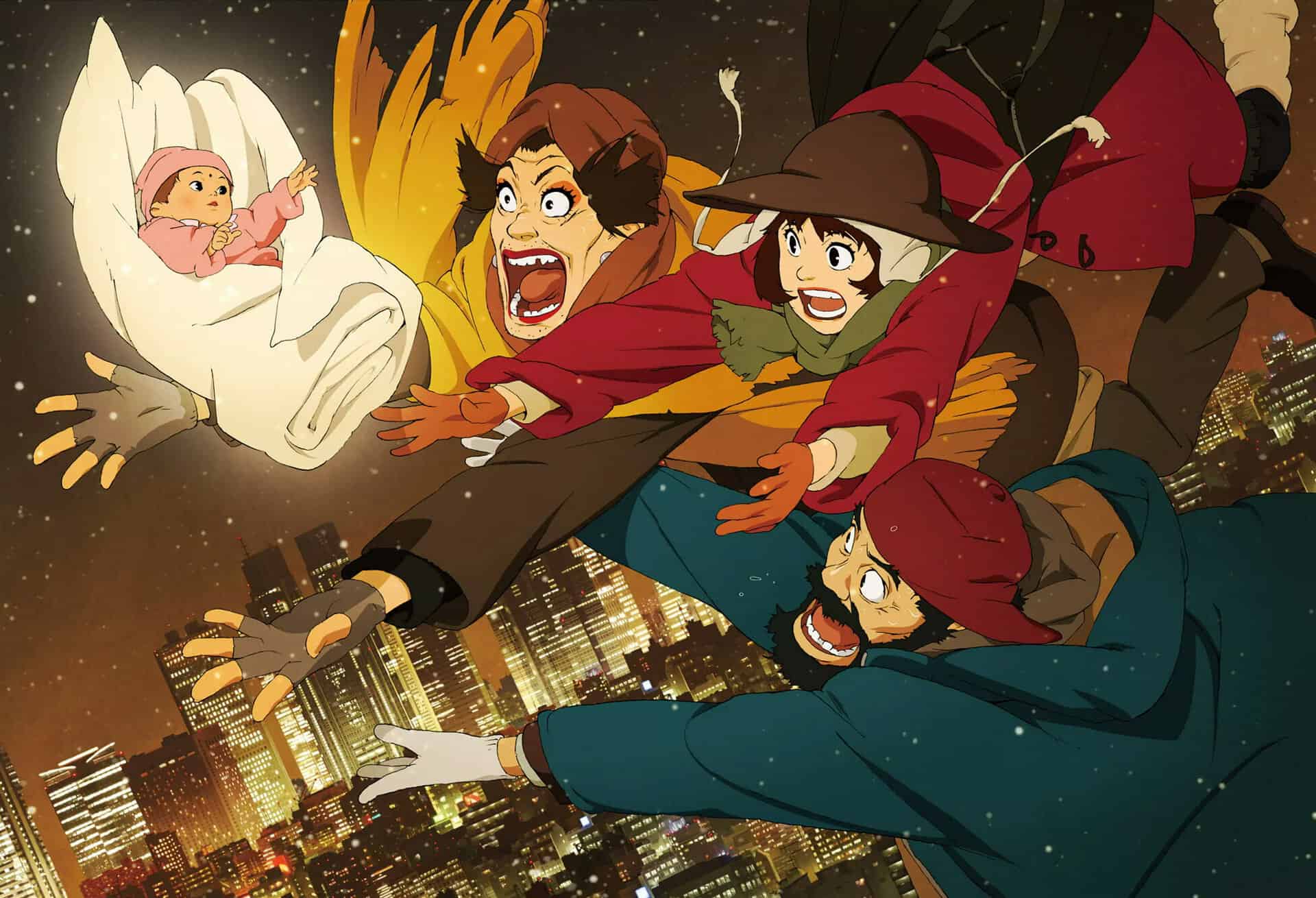The rural countryside has ever been home to cruel stories of love and betrayal. Reika Kamata and Junichi Saito, two directors at Tokai Television, visit the small mountain village Kazuo to investigate a crime that took place almost 60 years ago. The slow-burning documentary reveals the unjustice and the hypocrisy of the Japanese juridical system and outlines the hideous silence of a whole community.
“Sleeping Village” is screening at Nippon Connection 2020
In 1961, a spectacular criminal case shocks Japan: at what became known as the “Nabari Poison Wine” incident, five people lose their lives at a village social gathering. One of the attendants, Masaru Okunishi, is made out as the main suspect. Rumor has it that he wanted to kill his wife and his lover in order to end his extra-marital affair. After being questioned by the police for days, he signs a confession, only to withdraw it soon afterwards. Nonetheless, he is sentenced to death and all pleas for a retrial are denied. “Sleeping Village” documents the tragic story of this case, the traumatizing effects of which still linger on today.
This is another true crime documentary by Reika Kamata (“Two Death Row Inmates” 2015) and Junichi Sato (“The Heisei Dilemma” 2010). In the reminiscence of a Sechiro Matsumoto novel, the gruesome murder unfolds in front of a quiet shut-in town. The only outsider is the suspect Okunishi, who had no real ties to his neighbors and no fortune to stand against the allegations. Many questions remain open, but the answers can not be found. During the whole 90 minute runtime, there is a sense of despair and resignation. It is no surprise that there is no ultimate resolution of the crime at the end. The story is rather about the mechanisms of victimization then about the solving of a murder. This may also be an important message about the impenetrability of the Japanese justice system.
The comparison to Seicho Matsumoto also comes from the way the film is made. Heavy usage of cinematic music and reenactment scenes turn the documentarian spirit into a hybrid mimesis. The all-embracing calm voice of the narrator tells the story and guides us from interview scenes to courthouses, accompanied by a fitting soundtrack done by Toshiyuki Honda (“Metropolis” 2000). This feels and sounds like a mystery radio drama. Visually, “Sleeping Village” is made in an old-fashioned TV-documentary style as known from NHK or other broadcast stations. Split-screen archive material, like the verdicts notes, are blend in with old press conferences and original photos of the investigation. Spanning a timeline of roughly 60 years, this is also a portrayal of a village, its inhabitants, and the changes that may or may have not happened during that time. The interviews conducted over the decades show the deep interest of the media in that matter, although the filmmakers themselves are never visually or acoustically perceptible.
Since Japan has a prosecution rate of 99%, the used juridical practices are highly debatable in general and Okunishi's fate is just a prime example that it is almost impossible to be acquitted once you set a foot inside a Japanese court. “Sleeping Village” adds another chapter to this sad tradition. Although there are some flaws in the editing and the pacing is a bit slow, the documentary is rewarding at the end and leaves you with a sour note.


